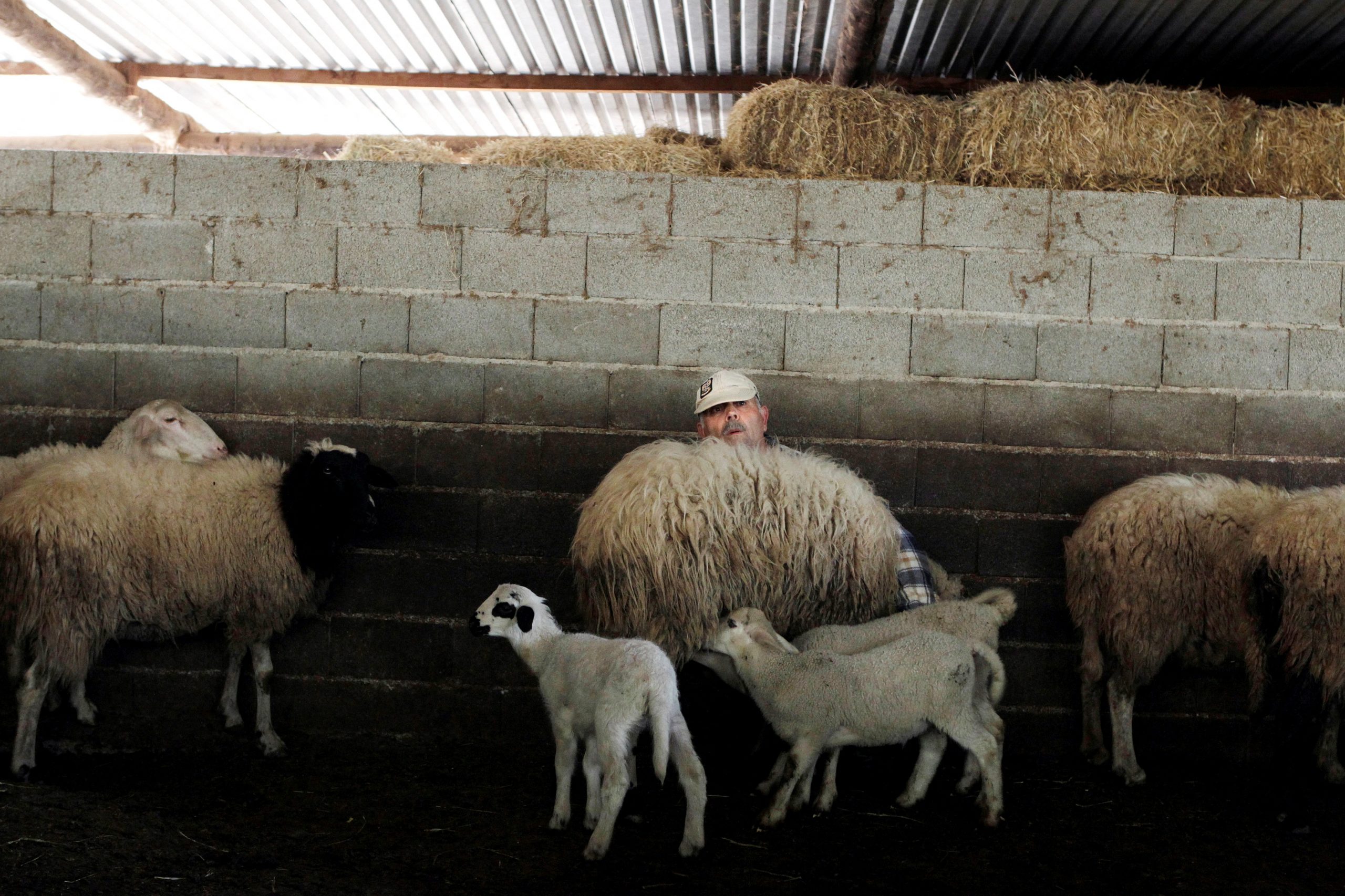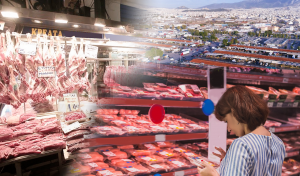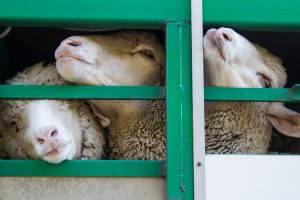Greece’s ongoing struggles with various illnesses inflicting its herds of goats and sheeps continue, with goatpox now detected in the country’s northeast region of Evros.
Farmers noticed strange behavior amongst their flock and upon reporting the incidents to the Veterinary Department of the Eastern Macedonia and Thrace region, the animals were subjected to additional testing.
Not to be confused with goatplague, or PPR, which has already led to nationwide restrictions and protection measures, goatpox is a form of smallpox that effects small ruminants.
As of Tuesday, August 20, four cases of goatpox have been confirmed in livestock farms in the wider area of Feri and Orestiada, Evros.
While goatpox is not harmful to humans, as with goat plague it can decimate sheep and goat populations if not controlled, leading to economic hardships for farmers and a knock-on negative impact on the food supply chain.
Ongoing Struggles with Goat Plague in Greece
According to authorities, 2024 is the first time that the country has detected PPR in its borders. Thought to have originated from Romania, where several hundred thousand sheep and goats have already been culled, PPR first made its presence in central Greece in mid-July. Shortly after a country-wide ban on the movement of herds was declared and containment measures were put in place.
Greece’s meat market is heavily reliant on lambs, goats, and sheep imported from Romania and Spain. Romania, in particular, has also been grappling with a significant plague outbreak. This has caused a noticeable spike in prices, which are considerably higher than last year.






